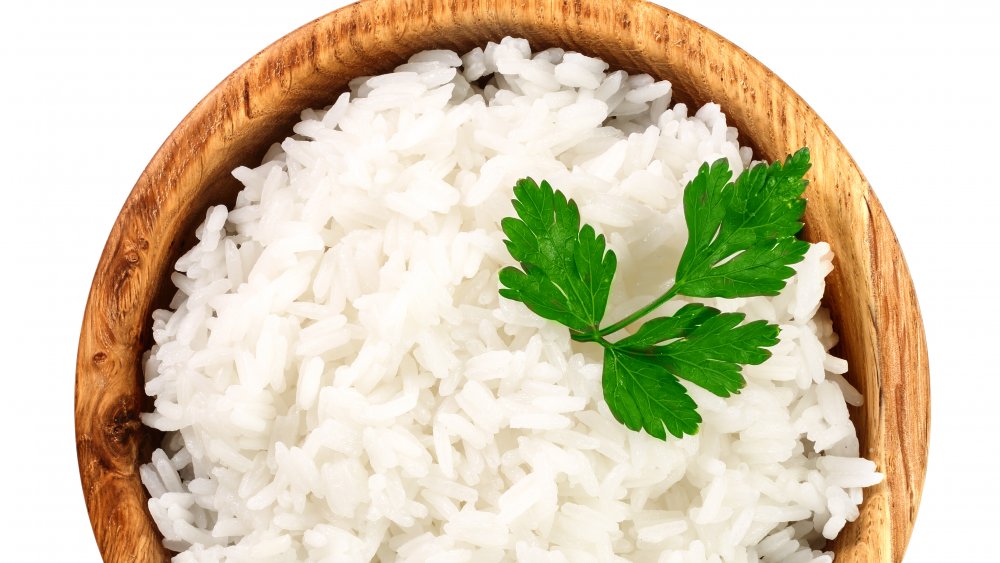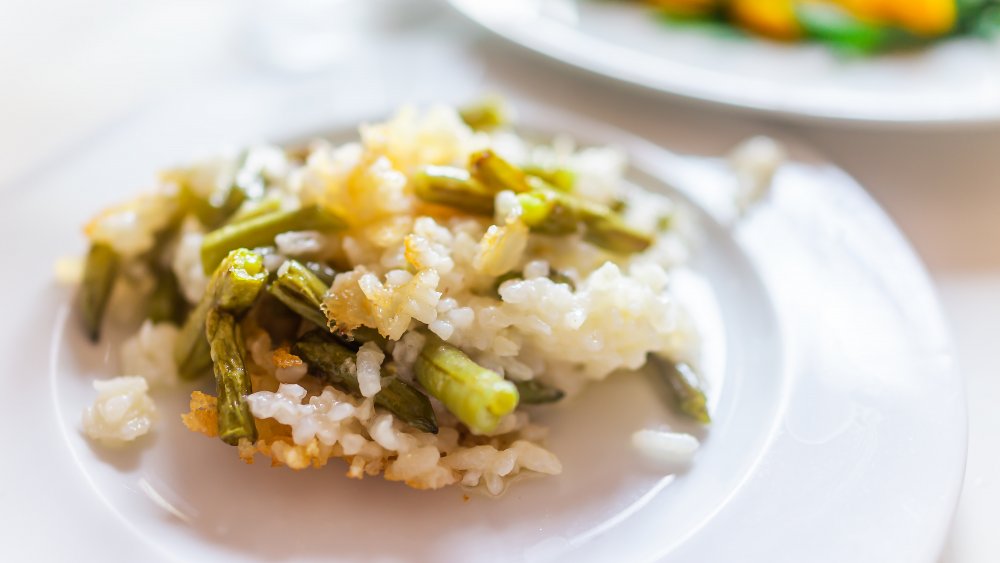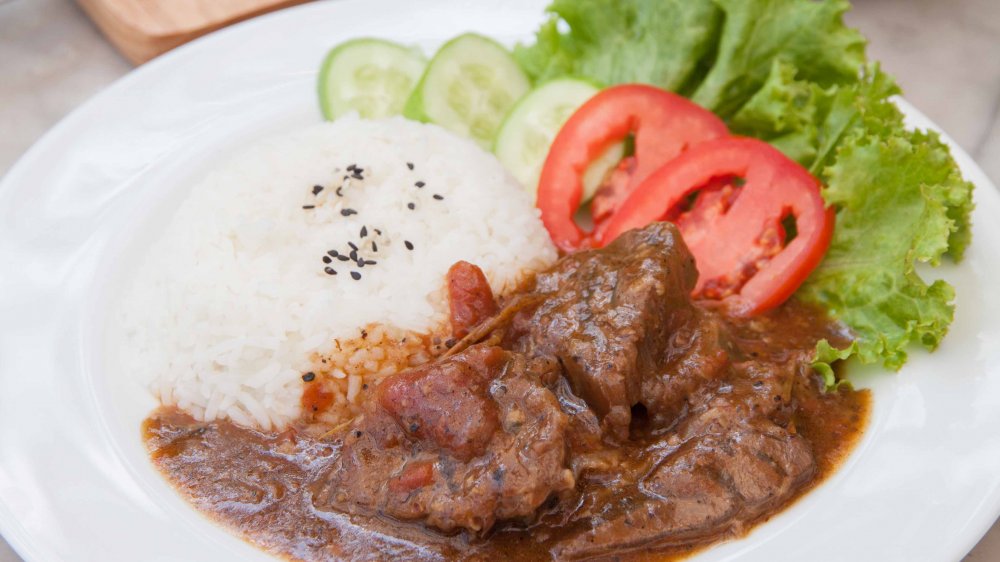Reasons You Should Wash Your Rice And Reasons You Shouldn't
There are some things we do with food that will always trigger a debate, like how you cut your sandwiches (diagonally or in half?), how you eat your Oreos (do you split them apart first or do you bite them right down the middle?), or even whether ketchup goes on fries or on the side.
One of those debates has to do with a food staple that is enjoyed by many, many people around the world — rice. And everyone is probably equally divided over how rice should be prepped before it is cooked, with one group believing rice can be thrown straight into a pot and boiled until it has become a fluffy mass of comfort carbs, while the other thinking that rice would benefit from a good rinse before it is cooked.
A wash isn't always necessary
The Chowhound says that because there are different types of rice on the market, what works for one variety won't work on the other. If you're cooking with short-grain rice and are looking to make a dish like risotto, the rice's starchy layer adds to the dish's creamy texture, so washing is not recommended. Some rice processors also add nutrients to white rice (to make it healthier), and that appears as a dusty white powder on the rice, so washing the rice will most certainly make it less healthy.
The Chowhound also warns against confusing rinsing with soaking rice. Rinsing gives grains a clean, while soaking kick starts the cooking process and yields a fluffier texture. Both rinsing and soaking are critical for rice varieties like the Indian Basmati which needs both pre-cooking processes to become the rice dish it was meant to be.
But rinsing is essential for some rice varieties
If you're dealing with medium- and long-grain rice, chances are your rice will need a wash not just to remove debris, but also to get rid of any chemicals which might have been used in the milling process. Giving rice a bit of time under clean water also gets rid of the surface starch because that could make the rice clump together or give it a gummy texture (via The Kitchn).
The Guardian also warns that not washing rice could give you rice that smells, and which also spoils faster. While The Guardian recommends rinsing rice in cold water and gently swirling the grains before pouring the water out, some food sites like The Kitchn recommend putting rice in a strainer and then running cold water over it. The run-off from your rinse will look a bit cloudy in the beginning, but don't expect the murkiness to subside too much, as the water will never become completely clear, no matter how long you wash the grains for.


